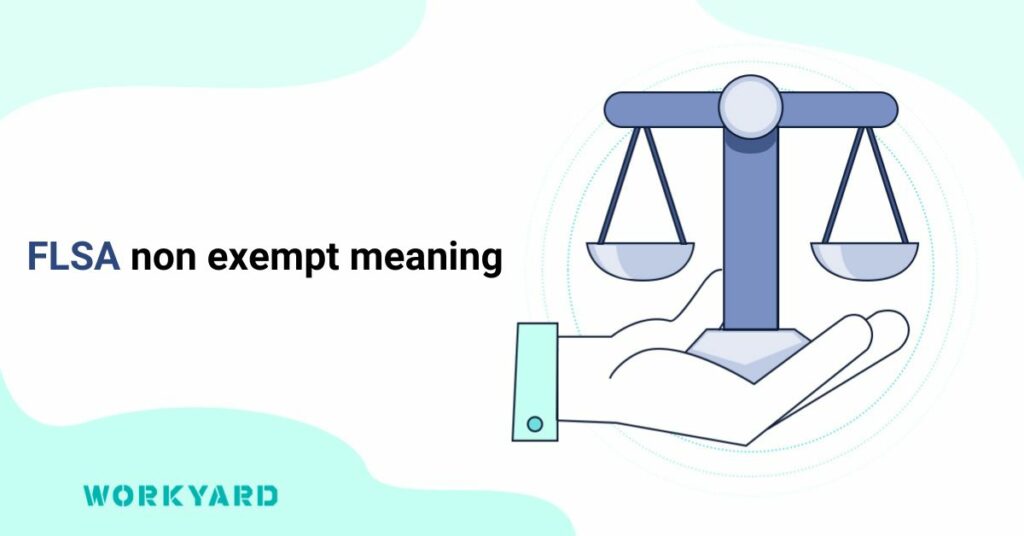In the context of the FLSA, non exempt employees are those who are not exempt from the law’s minimum wage and overtime pay provisions. They are entitled to receive at least the federal minimum wage for all hours worked and overtime pay at a rate of one and a half times their regular rate of pay for hours worked beyond 40 in a workweek.
Non exempt employees typically perform non-managerial or non-administrative roles that involve routine tasks and do not have significant decision-making authority. They are often hourly workers, although some may receive a salary.
Overtime Eligibility
One of the most significant aspects of non exempt status is overtime eligibility. Non exempt employees must be paid overtime compensation for all hours worked over 40 in a workweek. This overtime rate is calculated as one and a half times their regular hourly rate of pay.
Recordkeeping Requirements
Employers are obligated to keep accurate records of non exempt employees’ hours worked, wages paid, and overtime hours. This includes tracking regular and overtime hours, breaks, and any additional compensation provided.
Compliance and Enforcement
Employers must adhere to FLSA regulations regarding non-exempt employees to avoid violations and potential legal consequences. Failure to comply with minimum wage and overtime pay requirements can result in fines, back pay obligations, and legal actions.
Understanding the meaning of non exempt status under the FLSA is crucial for employers to ensure compliance with federal labor laws and for employees to know their rights regarding minimum wage and overtime pay.

